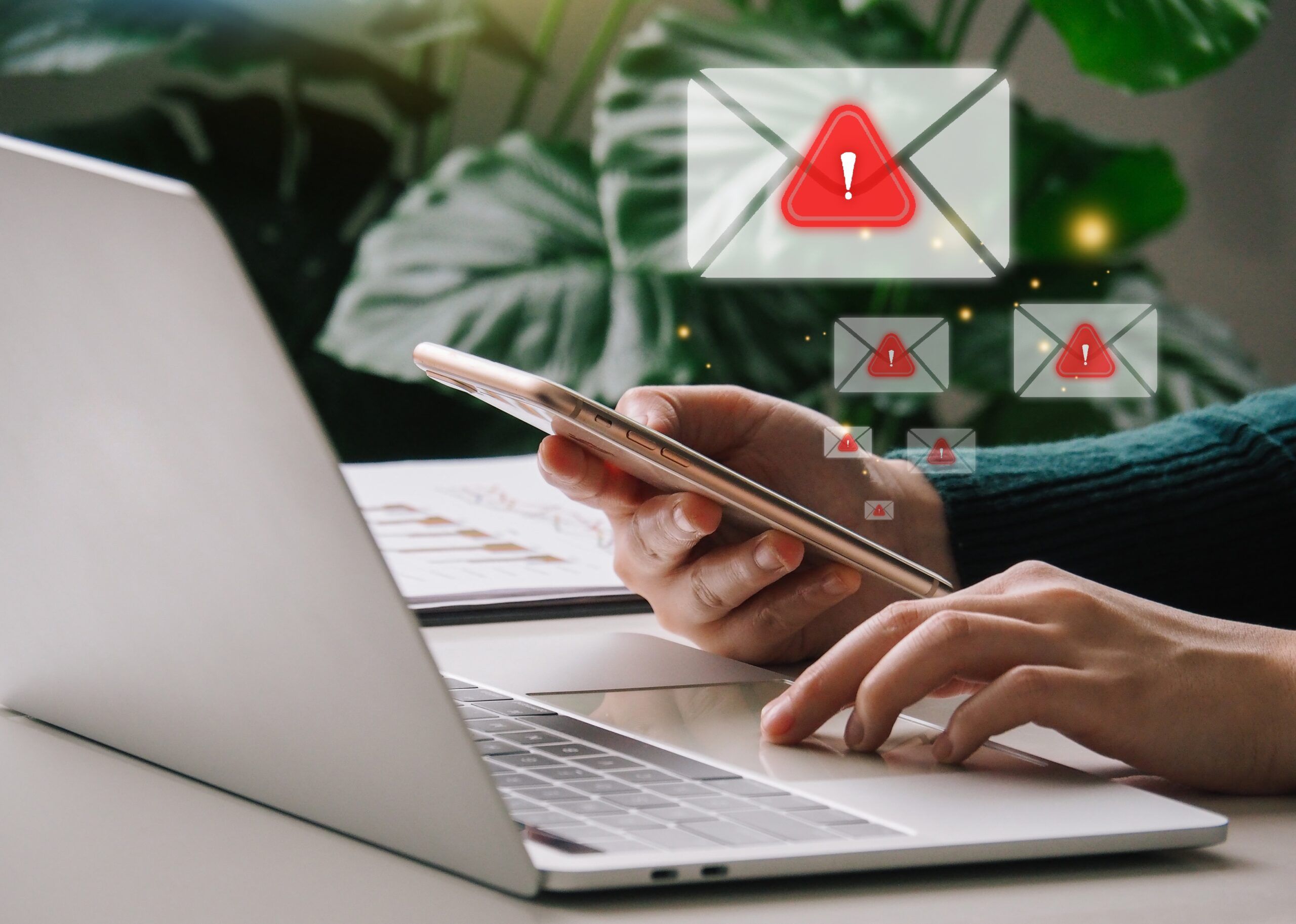
4 Ways Hackers Can Infiltrate Your Business Using Email
Email, the lifeblood of modern business communication, is also, unfortunately, a prime target for cybercriminals. A successful email breach can cripple a business, exposing sensitive data, disrupting operations, and damaging reputation. Here are four common ways hackers will try to infiltrate your email system.
1. Phishing and Social Engineering: The Art of Deception
Phishing attacks remain one of the most effective methods hackers use to gain access to email accounts. IBM reports that phishing is the most frequent cause of data breaches, with 15% of incidents stemming from these email-based attacks.
Phishing attacks trick individuals into revealing login credentials or downloading malware. Hackers send emails mimicking trusted sources, often creating urgency to prompt quick action. Clicking on malicious links or attachments can install malware and/or redirect to fake login pages that steal credentials.
Beyond phishing, social engineering involves manipulation tactics designed to gain trust.
Common methods include:
- Pretexting: Creating a fake scenario to deceive victims (e.g., posing as IT support to request login details).
- Baiting: Offering something enticing to lure victims (e.g., a USB labeled “Employee Salaries 2024” that installs malware).
- Quid pro quo: Offering a service in exchange for sensitive data (e.g., fake tech support asking for credentials).
Hackers often research their targets extensively, gathering details from social media or other online sources to craft highly convincing attacks.
2. Insufficient Authentication: The Open Door
Strong authentication is the first line of defense against unauthorized email access. Unfortunately, many individuals and organizations still rely on weak passwords and single-factor authentication (SFA). Weak passwords are easily guessed or cracked using readily available tools. SFA, which typically involves just a username and password, is vulnerable to phishing attacks and password breaches.
Multi-factor authentication (MFA) significantly enhances security by requiring multiple forms of verification, such as:
- A password
- A one-time code sent to a phone
- A biometric scan (fingerprint or facial recognition)
Even if a hacker steals a password, they still need additional factors to access the account.
3. Legacy Systems: The Weak Link
Outdated software and systems create significant security risks. Legacy email platforms, which may not receive regular security updates, are prime targets for hackers because they:
- Often lack modern security features
- Are susceptible to known exploits that hackers can easily access
- Have less frequent security patches, leaving doors open for attacks
Organizations that rely on legacy systems should prioritize upgrading to modern, secure email platforms. Regularly patching and updating all software, including operating systems, email clients, and server software, is essential for mitigating security risks.
4. Human Negligence: The Inside Job
Even the best security technology can’t prevent breaches caused by human error. Human error accounts for 74% of data breaches, according to a 2023 InfoSec report.
Employees may:
- Fall for phishing scams
- Use weak or reused passwords
- Share login credentials
- Leave devices unlocked
- Use unsecured networks
Comprehensive security awareness training is crucial for educating employees about the latest threats and best practices for protecting email accounts. Training should cover topics such as identifying phishing emails, recognizing social engineering tactics, practicing strong password hygiene, and following security protocols. Regularly reinforcing these messages through ongoing training and reminders can help create a culture of security awareness within the organization.
Conclusion: Cyber Resilience is Multi-Layered
In conclusion, protecting email systems requires a multi-layered approach that addresses both technical and human vulnerabilities. By understanding the common tactics hackers use, organizations and individuals can take proactive steps to strengthen their defenses and prevent email breaches. Implementing strong authentication, keeping systems up-to-date, and fostering a culture of security awareness is essential for safeguarding email communications and protecting sensitive information.
LeadingIT is Chicagoland’s trusted advisor for organizations with 25-250 users, specializing in IT and cybersecurity solutions that align with your business goals. We pride ourselves on delivering the unsolvable solved. Our unlimited support model ensures that your team always has the help they need, when they need it, with no hidden costs. Plus, our unbeatable 3 sets us apart: a seamless 14-day onboarding process, a rock-solid guarantee, and no long-term contracts. At LeadingIT, our mission is to solve IT right, 100% of the time, empowering growth-minded businesses to thrive securely and efficiently.



